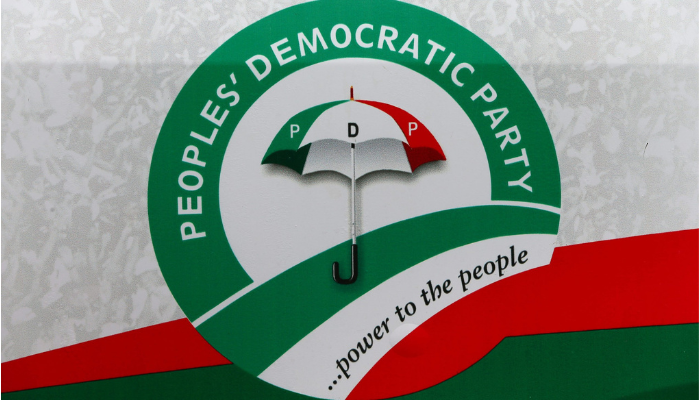- The chairmen were said to have considered the order an overreach into financial autonomy defined by the Supreme Court.
- Following their refusal, the governor petitioned the state assembly to suspend the chairmen, citing “gross misconduct” under Section 10(1) of the Edo State Local Government Law (2000).
The Edo State government’s suspension of 18 local government chairmen has sparked a constitutional crisis that’s far from over.
State officials insist the chairmen will remain suspended, despite warnings from the Peoples Democratic Party (PDP) of an imminent breakdown of law and order, as per Daily Post reports.
The PDP’s warning came through its chieftain, Hon. Ose Anenih, who described the events as “a shocking rebellion against the rule of law and the President’s authority.”
This stance is in defiance of the Attorney General of the Federation, Mr. Lateef Fagbemi, and a High Court in Edo State, which declared the suspension illegal.
Fagbemi had reaffirmed that local councillors, not governors or state assemblies, have the authority to suspend or remove local government officials.
Similarly, Justice Efe Ikponmwonba issued a mandatory injunction declaring the suspension null and void.
However, state officials have ignored this ruling, challenging the federal law officer and disobeying the court order. Barrister Andrew Emwanta, a panel member, stated that “the Constitution has placed local governments under state control, and that remains the law.”
He added, “Financial autonomy gives them access, but state governments still control how they use that money. The Supreme Court cannot amend the constitution.”
Kassim Afegbua, another panel member, countered the AGF, saying his views don’t represent the constitution or laws made by the Edo House of Assembly.
The governor’s spokesperson, Fred Itua, justified the state government’s actions, citing the apex court’s policy-making powers.
Anenih reacted, describing the events as “a shocking rebellion against the rule of law and the President’s authority.”
He commended President Tinubu’s efforts to strengthen local government autonomy, expressing surprise that an APC governor would defy the judiciary and presidency.
Anenih warned of the dangers of such insubordination, appealing to President Tinubu and others to intervene before the crisis escalates.
The crisis began when Governor Okpebholo demanded local council chairmen submit financial statements directly to him, which they considered an overreach into their financial autonomy.
After their refusal, the governor petitioned the state assembly to suspend the chairmen, citing “gross misconduct.”
